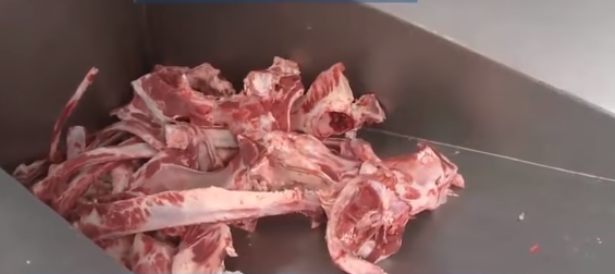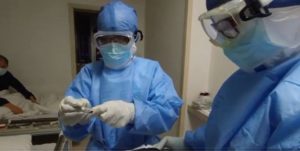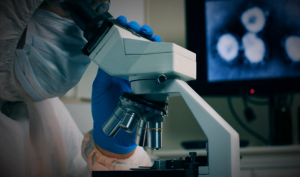
The Guardian, UK: Taxing red meat would save many lives and raise billions to pay for healthcare, according to new research. It found the cost of processed meat such as bacon and sausages would double if the harm they cause to people’s health was taken into account.
Governments already tax harmful products to reduce their consumption, such as sugar, alcohol and tobacco. With growing evidence of the health and environmental damage resulting from red meat, some experts now believe a “sin tax” on beef, lamb and pork is inevitable in the longer term.
The World Health Organization declared processed red meat to be a carcinogen in 2015, and unprocessed red meat such as steaks and chops to be a probable carcinogen. However, people in rich nations eat more than the recommended amount of red meat, which is also linked to heart disease, strokes and diabetes.
The new research looked at the level of tax needed to reflect the healthcare costs incurred when people eat red meat. It found that a 20% tax on unprocessed red meat and a 110% tax on the more harmful processed products across rich nations, with lower taxes in less wealthy nations, would cut annual deaths by 220,000 and raise $170bn (£130bn).
The resulting higher prices would also cut meat consumption by two portions a week – currently people in rich nations each eat one portion a day. This would lead to a $41bn saving in annual healthcare costs, the research shows.
“The results are dramatic for processed meat,” said Marco Springmann, at the University of Oxford and who led the new study. “Bacon is really one of the unhealthiest food products that is out there.”
“Nobody wants governments to tell people what they can and can’t eat,” Springmann said. But the healthcare costs incurred by eating red meat are often paid by all taxpayers, he said: “It is totally fine if you want to have [red meat], but this personal consumption decision really puts a strain on public funds. It is not about taking something away from people, it is about being fair.”
Rob Bailey, a researcher at the Chatham House thinktank and not part of the research team, said: “The recent sugar tax has shown the UK government’s willingness to tax foods when there is a sound rationale for doing so. I would argue that there are strong grounds for taxing meat. I find it hard to imagine a meat tax will not be implemented within the next decade.”
Meat eating is also damaging the planet. In May, a major analysis of the damage livestock does found that avoiding meat and dairy products is the single biggest way to reduce your environmental impact. In October, scientists reported that huge reductions in meat eating are essential to avoid dangerous climate change, including a 90% drop in beef consumption in western nations. Diets are changing, with a third of British people now having stopped or reduced meat eating.
The new research is published in the journal Plos One and uses a standard economic approach called “optimal taxation” to calculate the tax rates. This uses the healthcare costs incurred by eating one additional portion of red meat to set the tax rate, rather than the total healthcare costs incurred by all the red meat people eat.
As a result the taxes would recoup about 70% of the $285bn spent every year around the world treating illness caused by eating red meat. To cover the total healthcare costs, the tax rates would need to be hiked up again to about double the optimal taxation rates.
The researchers calculated red meat taxes for 149 different nations, with the rate depending on how much red meat those citizens eat and the costliness of their healthcare system. The US would have among the highest tax rates, with a 163% levy on ham and sausages and a 34% levy on steaks.
Australians would face a 109% tax on processed meats and 18% on unprocessed meats, while the rates in the UK would be 79% and 14% respectively. However, in poor nations where people eat little meat, the tax rate would be close to zero.
The proposed taxes would result in a 16% reduction in the processed meat eaten around the world, the scientists estimated, which would cut the greenhouse gas emissions from livestock by 110m tonnes per year. Also, fewer people would become obese as they switched to healthier foods.
Catherine Happer, at the University of Glasgow and not part of the research team, said: “My view is increasingly that a tax on red and processed meat is inevitable as the science on the harms has consolidated.”
She said other measures would be needed too, including looking at menus in workplaces and schools, as well as raising public awareness: “If we look at the significant cultural shift on smoking over the last decade or so, communication of the science was central to those changes.”
Research in 2015 found that people’s opposition to meat taxes significantly softened when the harms were explained. “People then feel the onus is on governments to act,” said Happer. Using meat tax revenues to subsidise healthy foods is another idea touted to reduce opposition.




